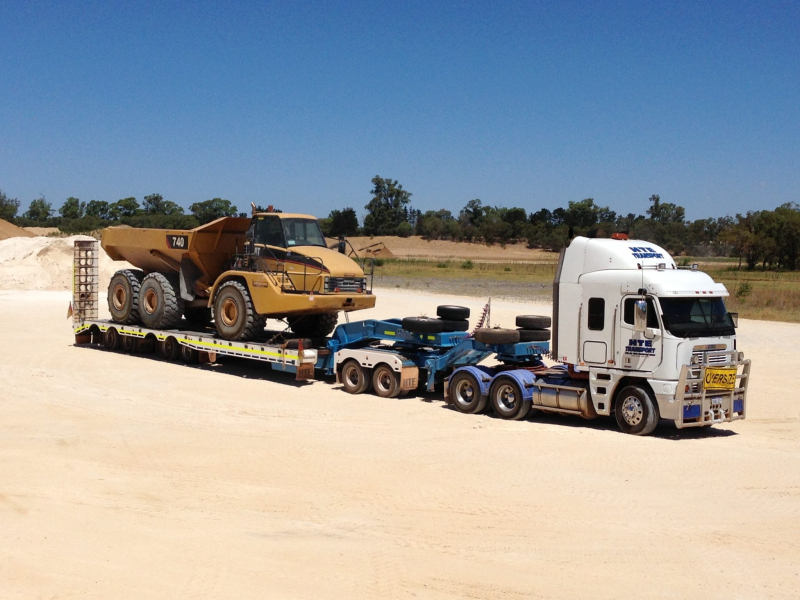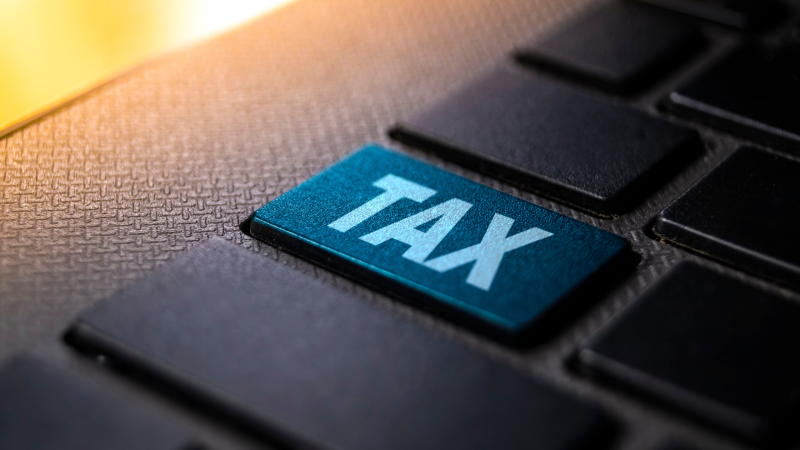Have you ever thought about setting up a small business in Australia but are yet to follow through?
Now is the best time for you to become that entrepreneur you have always wanted to be.
Business success results from a strong business model and a unique idea that has been purposefully built to solve problems.
Let’s take General Motors, Airbnb and Uber as examples.
All three businesses were created to solve a problem.
What makes them even more interesting is they were founded during economic downturns.
The current business climate is tough to navigate, so it’s essential that you surround yourself with several professional advisors before taking the leap.
By no means are we suggesting just going out on a limb and starting a business right now. There are many steps you should follow before doing so. And although the excitement can take over, it’s essential to maintain a logical approach.
8 Steps to setting up a small business
1. Research, research and more research
You have a great idea, but without researching and assessing its feasibility, you won’t know if it has the potential to succeed.
Ask yourself:
- Is my idea solving a problem?
- How many people will use/want my idea?
- What is my competition in the current and future (predicted) market?
- How will my idea fit into the market?
2. Develop a business plan
A business plan is key to building a successful business. Your business plan maps out your business strategy from start-up to establishment, hopefully eventuating in prosperity.
Your plan should include your vision, SMART GOALS and objectives, KPIs, a marketing plan, a succession plan, a financial plan, and a risk and contingency plan.
The more information and effort you put into your business plan, the easier your life will be in the long run. And it provides a strategy to always refer back to if you feel like you might be veering off track.
3. Determine how you will obtain finance
This can be a daunting factor in starting a business. Whether you’re using your personal savings, finance from investors or a loan facility, you can finance your small business in many different ways.
At Ledge, we have a complete suite of business and commercial finance products, which include:
- SME, Commercial and Corporate Lending
- Insurance Premium Funding
- Cash Flow Finance
- Surety Bonds
- Funding of Significant Change in Business
- Banking Facilities, and
- Commercial Property
If you would like more information on the above or require assistance with your business finance, contact us, and we will be more than happy to assist.
4. Choose a business structure
Once you have established that your idea is, in fact, viable, you can determine your business structure. Four common business structures include:
- Sole trader
- Company
- Partnership
- Trust
Be practical but also strategic in your business structure, as this will determine the licenses you require, how much tax you pay, how much control you have over the business, and so on.
5. Choose a business name
Your business name needs to be captivating as it plays a massive part in the success of your business. Think of how you want to be known in the marketplace… how your business name will be associated with your product/service offering and linked with your branding.
Check to see if your business name is already taken or trademarked. Once checked, you’re good to go ahead and register your business name.
6. Check legal obligations
Before you start trading, you need to know your legal obligations; these include licences, registrations, taxation and insurance.
It’s vital you know and understand what obligations your business structure requires, which is why we recommend you speak to a professional advisor.
7. Finalise reporting and accounting systems
This step is so important and one that we cannot stress enough. With adequate reporting systems, you will track what products/services you have sold. And without the correct accounting systems, you may fail to manage your cash flow successfully.
Choosing an accounting system that allows you to analyse your financials using a 3-way forecast (cash flow statement, profit and loss statement and balance sheet) enables your business to prepare for any losses you may incur.
We harp on this a lot at Ledge, as it’s essential for all businesses to maintain a deeper understanding of the business.
8. Market and promote your business
You’ve come up with a great idea, but no one knows about it. Reaching your potential customer is critical to creating a successful business.
There are traditional forms of marketing, such as:
- Print advertising;
- Print out brochures;
- Radio advertising;
- TV advertising;
- Cold calling;
- Direct mail advertising.
Then there are the new media methods, known as digital or online marketing, which include:
- Search engine optimisation (SEO);
- Pay-per-click advertising (PPC);
- Social media;
- Email marketing;
- Content marketing.
Online marketing methods generate more leads to your website in the hope that these potential customers will convert into actual customers.
As the world becomes increasingly digitalised, there has been an increase in businesses starting to invest in digital marketing.
The current climate has demonstrated the need for businesses to have an online presence and, more importantly, be discoverable.
Checklist for setting up a small business in Australia
- Put in adequate research to assess your business idea
- Develop a business plan
- Marketing Plan
- Succession plan
- Management plan; and
- Contingency plan
- Determine a business structure
- Know how you will obtain finance
- Understand the registrations and licences required (i.e. ABN, TFN, GST, PAYG Withholding, etc.)
- Ensure you are aware of superannuation entitlements and obligations
- Know your taxation obligations
- Ensure you have adequate protection of intellectual property
- Know how you are going to keep records and what accounting systems you are going to use to ensure you manage your cash flow
- Find out what Government grants and assistance incentives are available
- Ensure you have secure IT systems and platforms
This is a short checklist summary of what is required when starting a business, and there are many more points you will need to cross off before entering the market. To find a more comprehensive checklist, we suggest you speak to your business advisor or head to the Australian Government Business website, which offers an interactive checklist. If you need more help setting up a small business, please speak with your Ledge account manager, who can put you in touch with a trusted professional advisor.
Where to find advice and support in Australia
Here are some helpful links to find advice and support when starting a business:
- Australian Government Business Contact
- Government Grants & Assistance
- Small Business Expertise and Advice Program
- Business Expertise Centres Australia
- Access to Justice
- Events & Training





